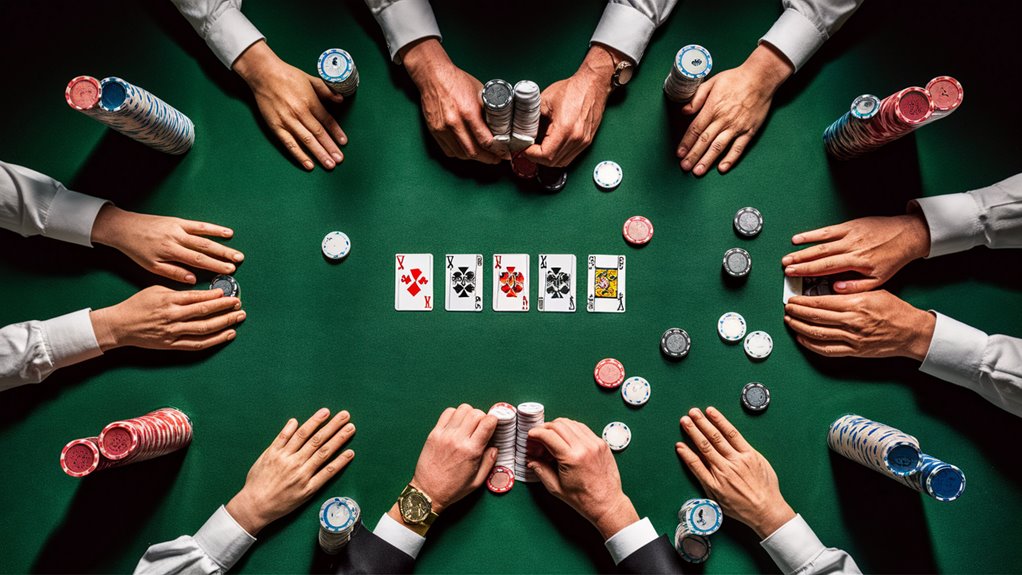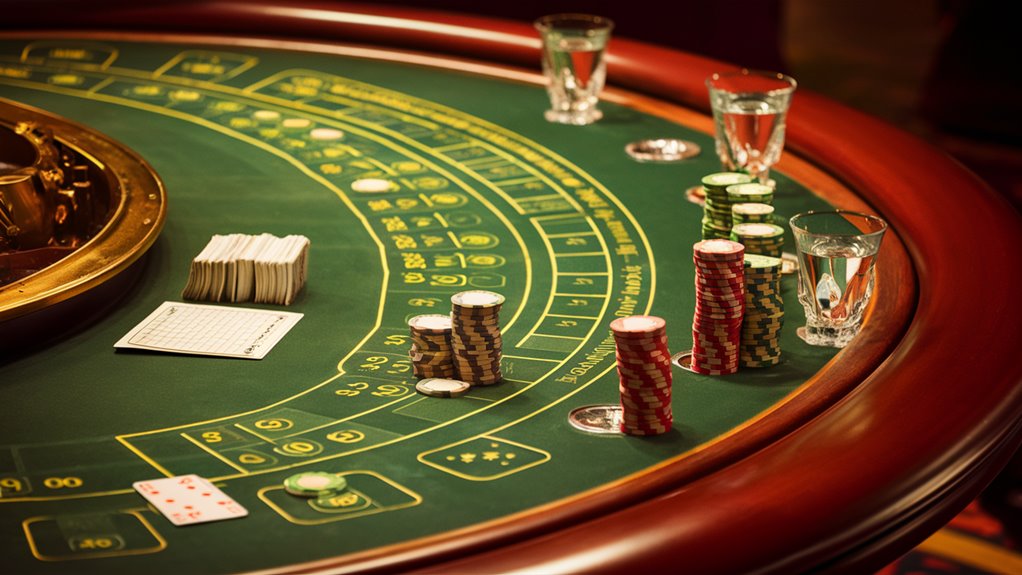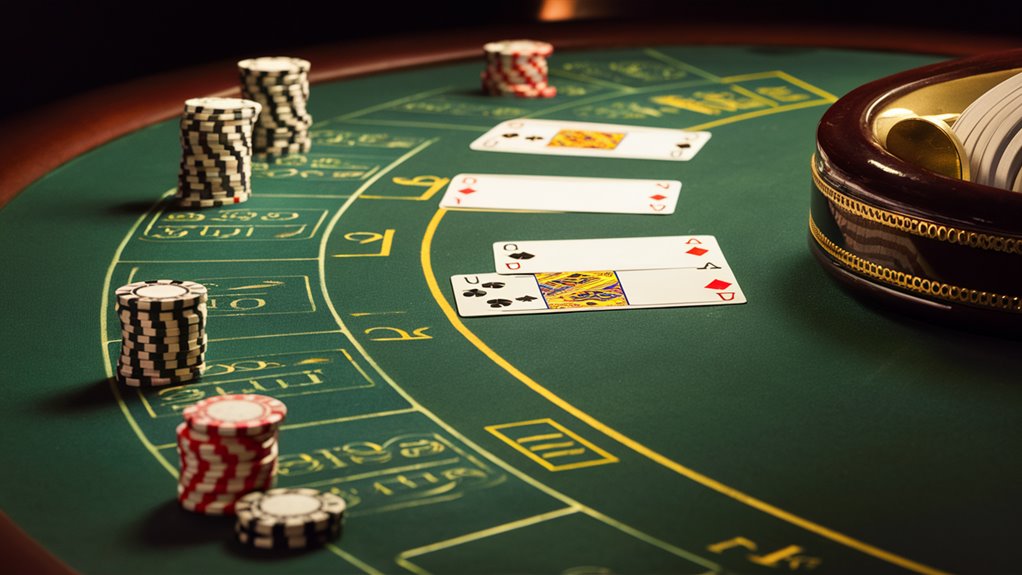The Impact of Gambling on Sleep Patterns and Mental Health
Sleep Disruption from Gambling Activities
Problem gambling interrupts natural sleep-awake cycles significantly by both physiological and psychological means. It is effectively part of our symptoms complex through and received a categorization of Disease Model. The REM sleep is significantly affected by nicotine in rat models, which in turn alters the psychology so that users increase frequency during mood improvement periods; this they call “micro gambling” as if it were to mean simply gambling on their own horoscope rather than such a huge issue like regular smoking times after work.
Clinical studies show that addictive gambling can delay sleep onset by 45-90 minutes (the REM and deepest sleep stages of normal sleep continue to be missing), and it will not resume until more than 2 hours later. This creates severe circadian rhythm disturbances (i.e., jet lag).
The Destructive Sleep-Gambling Cycle
Sleep deprivation and gambling form a destructive feedback cycle. Poor sleep quality leads to:
Impaired decision-making abilities
Enhanced risk-taking behavior
Damaged impulse control
Increased gambling urges
Mental Health Implications
It is often true that disordered gambling–whether as cause or consequence—all along signals the existence of psychological problems requiring professional intervention. This connection arises through:
Anxiety disorders
Clinical depression
Stress-related conditions
Cognitive impairment
Treatment Approaches
A complete treatment strategy must address both gambling behavior and sleep disorders of various types:
Cognitive-behavioral therapy
Cognitive skill training for the player to convey better choices with evidence points in mind at moment of need, rather than instincts
Circadian rhythm restoration
Addiction counseling, which is specifically designed so that the player will build up “procedural memory” (known simply as “how to think”) instead of fueling further craving and trying pass defects onto his next generation with a best-laid plan in place of getting-serious drawbacks from yet another payoff
To understand these interconnected factors is crucial if effective treatment plans are to emerge and promote long-term recovery.
One Primary Sleep Disruption Source: Disrupted Rhythms
This kind of intermittent sleep disturbance Striking With Coiled Force at Critical Table Moments can seriously affect one’s mental health.
Observed Mental Health Indicators
Embedded betting tokens indicate problem gambling
Symptoms of mental illness related to gambling
Individuals reporting gambling problems are likely to exhibit at least one of the following behavioral indicators.
Sudden, visible changes in behavior are often the first signs of deteriorating mental health related to game play.
Key indicators include intense irritability and feelings of frustration especially during the time when you cannot access a gambling site, which is in the evening or at night.
An increased secrecy about using mobile devices and financial matters, especially during the night-time, is a major signal.
Psychological Warning Signs
Essential psychological indicators for problem gambling mental care include:
Worry about pending bets all the time
Thoughts racing in your head, so you can’t get to sleep
When trying to decrease gambling activity, symptoms of depression appear
Losing interest in the world and going uncontactable
Your sleeping and waking patterns are destroyed
Respiratory distressing at night caused by monetary difficulties
Sleep Disturbance Patterns
Sleep disturbance is a major early indicator in relation to gambling-associated mental health problems.
Key sleep warning signs are:
Insomnia arising from thoughts only of losses in gambling
A recurrent nightmare of gambling debts
Gambling during the night-time, and not in one’s usual sleep hours
Building new cycles of sleep that suit one’s own gambling habits at the expense of others Gathering Age-Old Tactics for Swift, Modern Wins

Immediate Action Measures
When these warning signs appear, professional intervention is needed.
To prevent further material impact, timely clinical assessment and appropriate treatment are required for gambling-related mental health degradation.
Breaking the Cycle: Overcoming Gambling-Related Sleep Disruption
Understanding the Sleep-Gambling Connection
It takes a broad strategy to shatter and avoid the life-shattering impact of gambling on your sleep biological clock as well as your total mental health.
With consistent sleep hygiene practices underpinning the recovery process, work to change that. Including setting a regular sleep routine which is not conducive to gambling and removing all triggers related with gaming from your environment where possible.
Basic Sleep Hygiene
Avoiding nighttime digital screens and creating a wind-down routine where electronics are banned is helpful for both bringing your body back into line or perhaps eliminating some of those sleep-disturbing effects which gambling calls upon to make a continuing risk in the next day.
Handling Triggers and Patterns
Routine monitoring of sleep-gambling diaries is a fundamental part of recovery – it helps uncover connections between betting impulses and times when normal sleep is interrupted.
To flush out the invisible enemy, monitoring your natural sleep-gambling diary entry forms a crucial aspect in treatment.
Record those time windows when your susceptibility is at its worst, particularly in the small hours late at night when decision-making abilities are most stamped out by weariness. Using hard evidence of this kind lets people better understand personal triggers for betting temptation and points them in an effective direction for countermeasures.
Prevention and Recovery Strategies for Gambling-Related Sleep Disorders
Targeted Prevention and Recovery Strategies
Insights Into Sleep Monitoring form the Foundation for Major Preventive and Recovery Strategies of Gambling-Related Sleep Disorders
First step towards adjusting sleep: a sleep buffer zone which is at least two hours long between when gambling activities such and gaming finish (in practice as luuuuucckk! competition from gamblers goes on for hours without end) closes up and the moment you finally shut your eyes would serve well here; it’s a crucial first step for every practical person interested in regulating their sleep now problem properly by oneself.
Treatment Techniques
Cognitive Behavioral Therapy (CBT) that has been devised specifically for gaming addiction has the main function of restructuring rhythms of sleep and dealing with gambling compulsions. Converting Gentle Clues Into House-Topping Waves
Clinical therapy sessions focus on how to create a comprehensive set of triggers and sleep disruptors plans that will allow people–indeed whole families–to live with hardwood construction in suitable comfort,when they have a temperament problem.
Sleep Hygiene Planning
Fundamental sleep hygiene practices include:
Maintaining a regular sleep schedule.
Creating sleep environment with minimal illumination and noise levels
Cutting down on screen time before bed
Integrating relaxation methods such as:
Progressive muscle relaxations
Guided meditation
Deep breathing activities
Medical Strategy
In the event of severe sleep disturbances, doctors may prescribe temporary sleep medications to maintain focus on treatment of gambling addiction.
“When they sleep better, people get along better with their relatives.” Visit Website
Recovery Maintenance Techniques
Regular observation, prevention measures and sleep disorders to adjust linkage work.
A combination of behavioral therapy and professional aid provides a cohesive and sustainable platform for long-term recovery.


